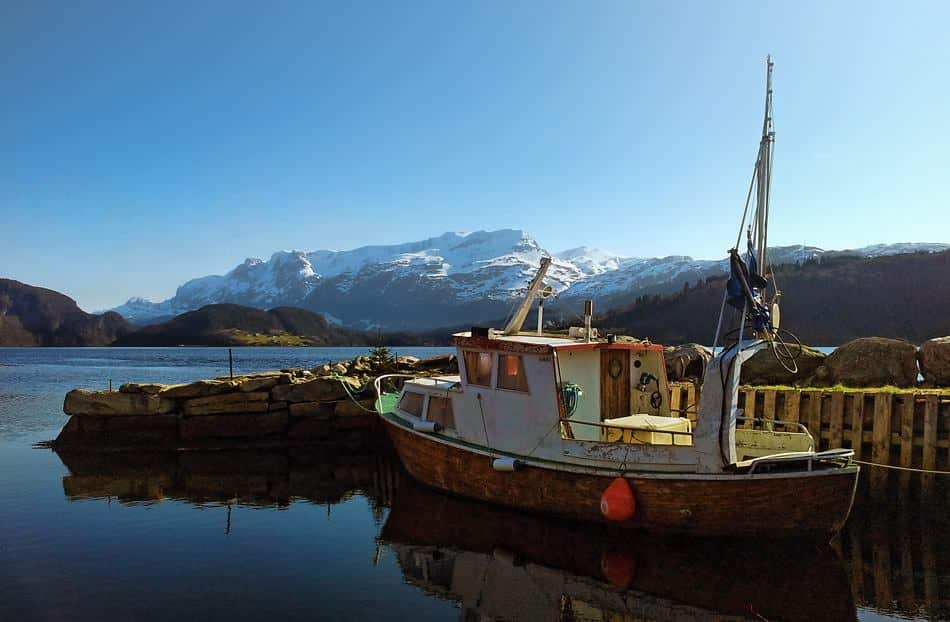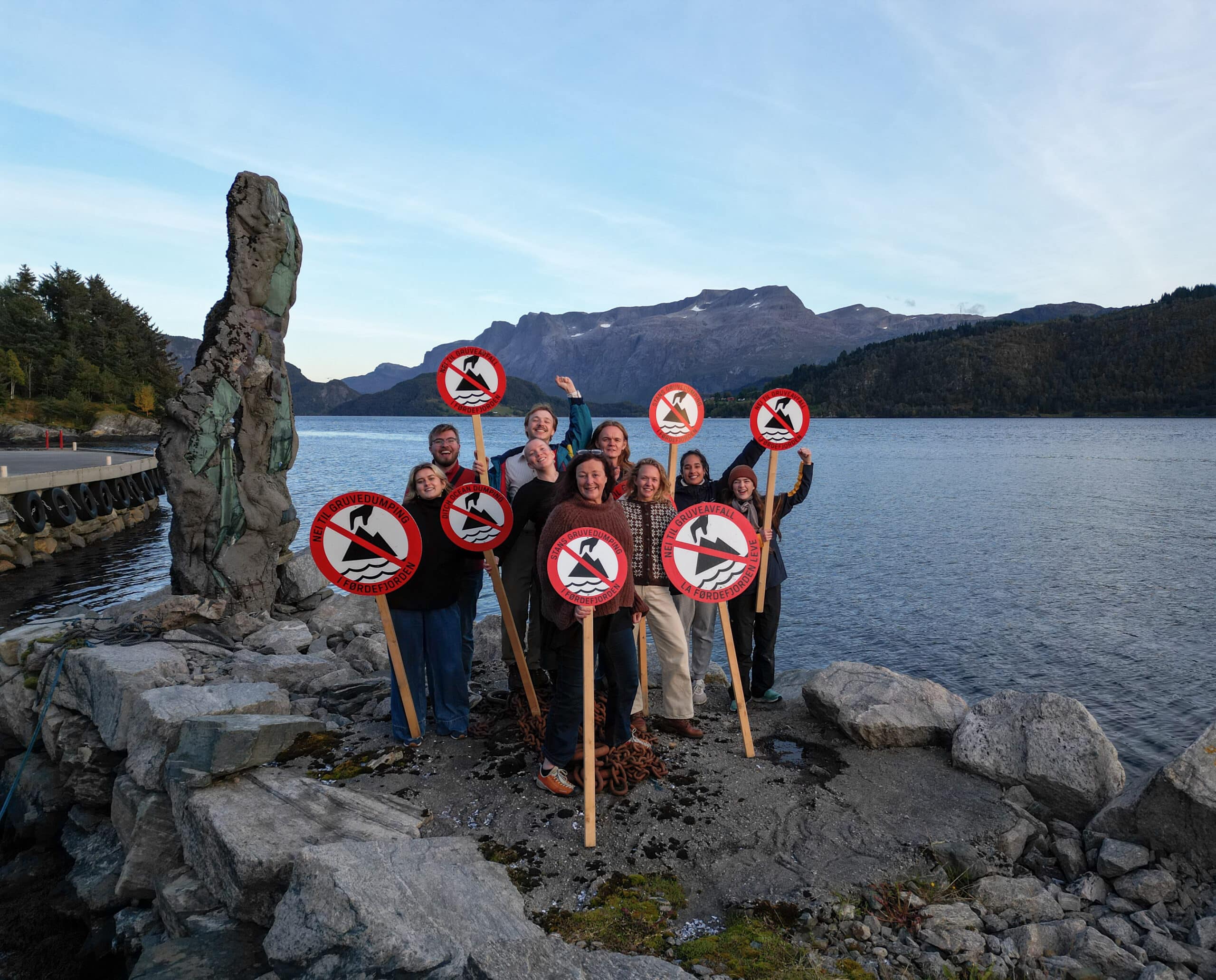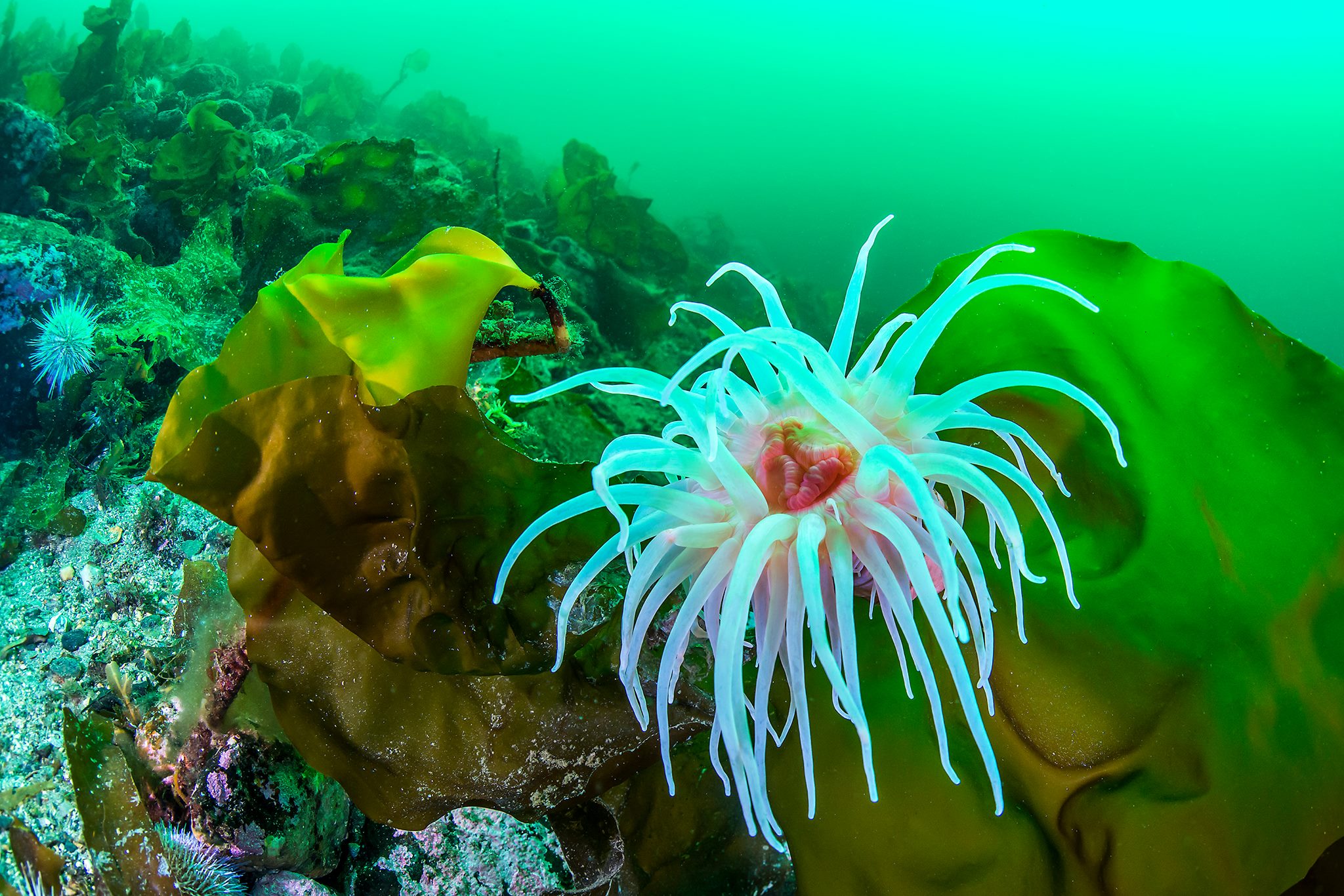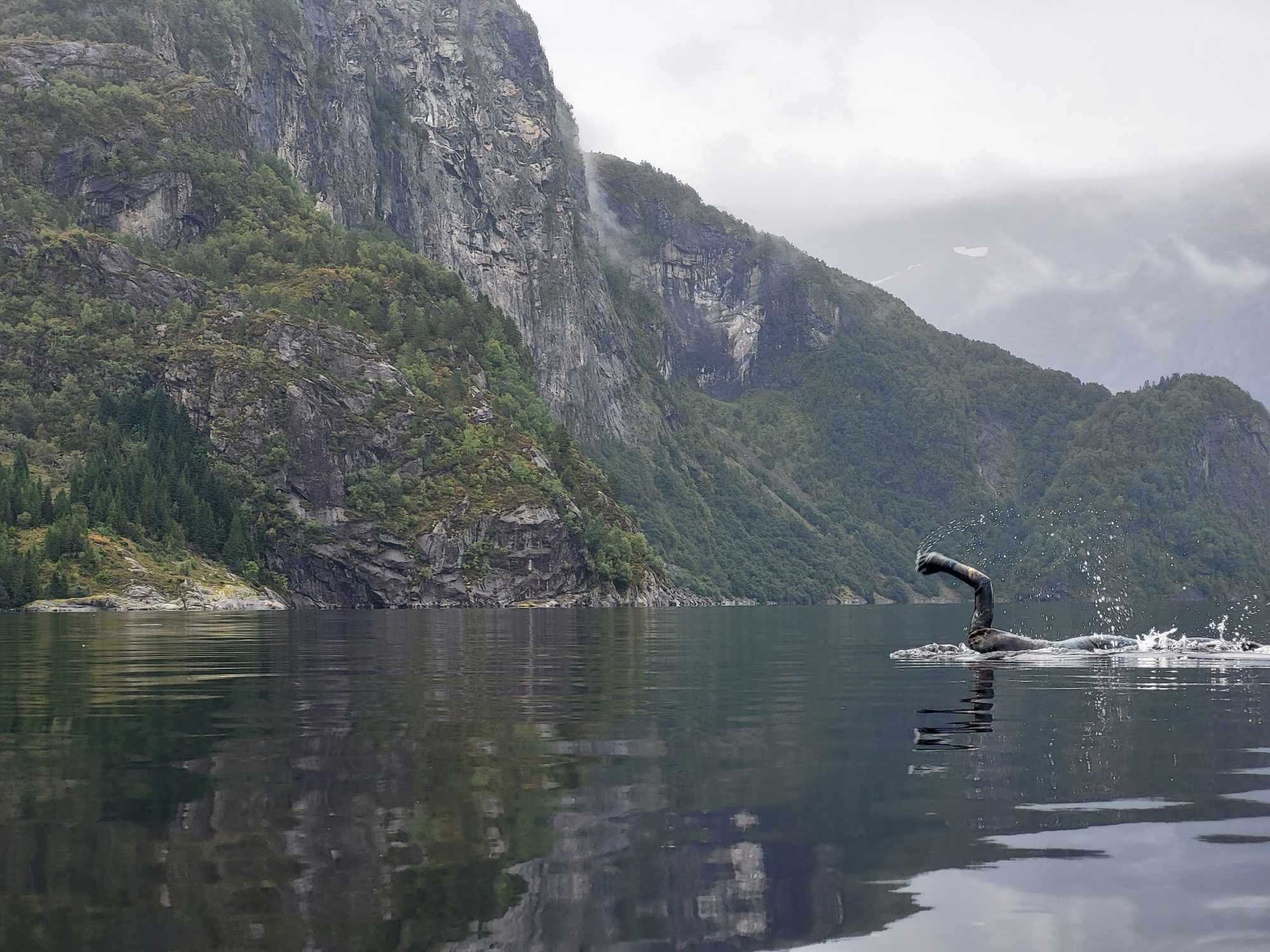This is the Fjord Lawsuit
Friends of the Earth Norway and Young Friends of the Earth Norway are suing the Norwegian government over the granting of permission for dumping of mining waste into Førdefjorden on the country’s western coast.

In May 2022, the government approved the final permit for Nordic Mining’s open-pit rutile and garnet mine, which would allow the company to dispose of up to 170 million tonnes of tailings waste into the designated National Wild Salmon Fjord. The fjord is critical for the protection of wild salmon and an important seafood fjord for Norway.
We believe that the Ministry of Climate and Environment’s approval of the discharge permit and the Norwegian ministry of trade and fisheries approval of the operating license is a clear violation of Norway’s Pollution Control Act, the EU Water Framework Directive, and the EU Mining Waste Directive.
The case was heard by the Oslo District Court in September and October 2023. Unfortunately, the environmental organizations did not succeed in the Oslo District Court, but the organizations appealed the case to the Court of Appeal in February 2024.The hearing in the Court of Appeal is scheduled for June 10-12, 2025.
Main objection in the Court of Appeal
In the appeal, the lawsuit is limited to the EU Water Framewok Directive and the prohibition against pollution of a water resource.
Serious Undermining of the Water Framework Directive
According to the EU Water Framework Directive, it is prohibited to pollute water resources like fjords, lakes, and rivers. If pollution is to be permitted, strict requirements must be met. The activity must be of «overriding public interest», as stated in Article 4 of the Water Framework Directive. When the discharge permit was granted, the government’s justification was that the mining operation would generate revenue for owners, employees, and the public sector. The Norwegian state argues that this aligns with the directive’s requirement for «overriding public interest». The environmental organizations have consistently argued that the government’s interpretation was incorrect, and that neither private profit, tax revenue, nor employee income qualifies under the directive’s criteria.
In the autumn of 2024, the case was heard in the EFTA Court in Luxembourg. During the hearing, the environmental organizations received support from both the European Commission and the EFTA Surveillance Authority (ESA).
March 5, 2025, the EFTA court ruled in favour of the environmental organizations. The judgment states that economic considerations are not a good enough reason to allow pollution of a fjord like Førdefjorden. The judgement is not legally binding, but serves as an advisory opinion that must be taken into account in the Court of Appeal.
Main objections in the Oslo District Court
A clear violation
The Norwegian Waste Regulation chapter 17 is the Norwegian transposition of the EU Mining Waste Directive. The discharge permit from 2015 did not include a waste management plan, which is a clear breach of the mining waste directive and the Norwegian waste regulation, and should according to the Norwegian pollution control act void the discharge permit. Further, the organizations argue that the failure to produce a waste management plan early in the process has led to a project that has not sufficiently considered waste prevention or minimization in the choice of design and methods for mining.
Failure to prevent deterioration of the ecological status of the waterbody
The Norwegian Water Regulation is the Norwegian transposition of the EU Water Framework Directive. The discharge permit is given on the basis of
A) Overriding public interest – The organizations will argue that «overriding public interest» is interpreted wrong in the Norwegian transposition of the EU Water Framework Directive.
B) No significantly better environmental option – there is a competing mining company that has applied for mineral rights and operating license with a different project without sea dumping and with full reuse of mining waste.
Negative consequences for biodiversity have been underestimated
Dumping of mining waste will according to the state’s own marine expert advisers at the Institute of Marine Research and the Directorate of Fisheries have serious negative consequences for Førdefjord.
No proper examination of waste utilization
The mining company has not done a thorough examination of the possibility of reusing waste from the mining process. The organizations argue that the zoning regulation plan (for waste deposit, both storage on land and waste deposit in the fjord itself) and the discharge permit has major deficiencies.
Key reasons why Naturvernforbundet and Natur og Ungdom are suing the state:
- The mining company has received all important permits; there are no more administrative appeal options.
- The mining company has not sufficiently investigated how the project can be designed in a way that provides maximum waste minimization and avoids the need for submarine tailings disposal.
- The European Free Trade Association (EFTA) Surveillance Authority has identified several shortcomings in the Norwegian transposition of the EU Mining Waste Directive and the EU Water Framework Directive.
- There are several indications that the submarine tailings disposal is unnecessary and thus illegal according to the Norwegian Pollution Act.
- Sufficient legal protection for nature depends on the courts hearing cases on questionable administrative decisions that have an impact on the environment.



